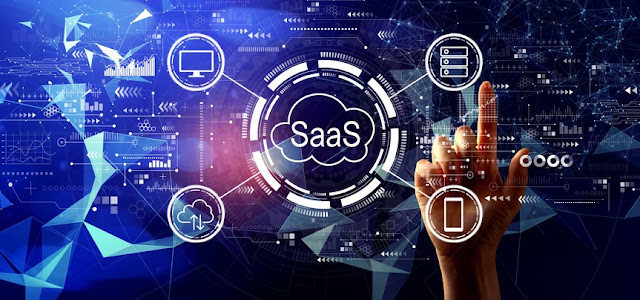Enhancing Contracting Operations: The Comprehensive Impact of ERP Software

Efficient solutions in the contracting industry rely heavily on ERP (Enterprise Resource Planning) software, essential for optimizing data management and operational efficiency. With today's fast-paced business environment, ensuring swift and secure access to relevant information becomes paramount, safeguarding data integrity and enabling centralized storage. This need becomes even more critical in contracting, where intricate operations necessitate streamlined workflows. Tailored ERP systems play a pivotal role in driving this transformation, revolutionizing workflows by replacing outdated systems with more efficient alternatives. Why Opt for Tailored Contracting ERP Solutions ? ERP systems revolutionize data management across industries, but tailored solutions are crucial for contracting businesses. Unlike generic ERP options, custom solutions cater specifically to contracting needs, offering features like subcontractor management and architectural drawing integration. This spe...



